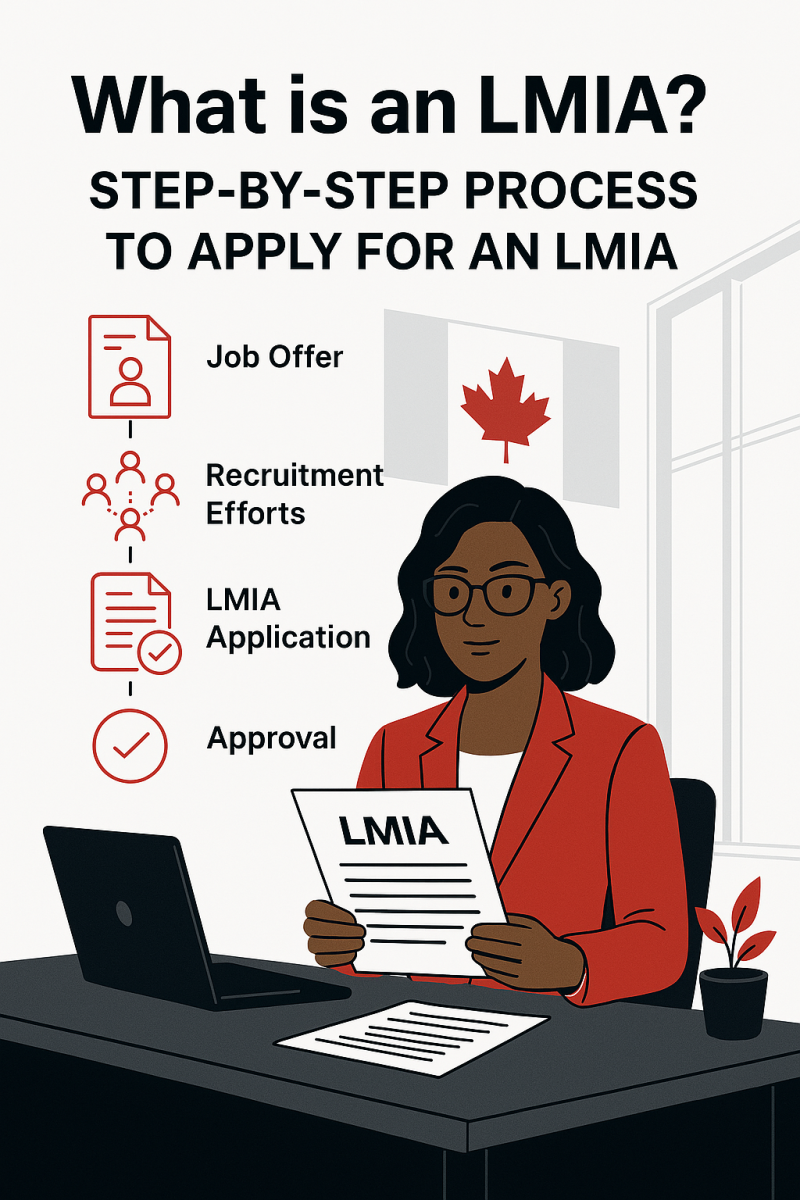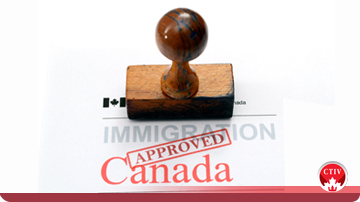Canada is well known for its spacious countryside, cultural diversity, superior education, healthcare system and economic stability, has one of the highest immigration rates and is considered one of the most popular destinations for Immigrants.

This summary distills key points from the video regarding the Labor Market Impact Assessment (LMIA) in Canada, providing an overview of its importance, the application process, the types of LMIAs, and the responsibilities of employers. This document aims to clarify the complexities of the LMIA process from an employer’s perspective and highlight potential legal issues.
LMIA stands for Labor Market Impact Assessment. It is a crucial document used in Canada to determine whether hiring a foreign worker would have a positive, negative, or neutral impact on the Canadian labor market. For employers facing challenges in finding suitable Canadian citizens or permanent residents for specific job roles, obtaining a LMIA is essential in allowing them to bring in foreign talent.
The video highlights several types of LMIA applications categorized mainly into six to eight streams, depending on various interpretations. Here are the major types discussed:
High Wage and Low Wage LMIAs:
Caregiver LMIA: Used when hiring individuals to provide care services, either for children or elderly individuals.
Agriculture LMIA:
PR Supporting and Dual Intent LMIA:
Global Talent Stream (GTS):
Employers must prepare various documents to apply successfully for any of these LMIAs:
Financial Viability: Employers must demonstrate that their business can financially support the wages of foreign workers. This typically requires financial statements, tax records, and proof of salary remittances.
Genuine Recruitment Efforts: Employers must conduct thorough recruitment activities aimed at finding a Canadian worker before applying for an LMIA, including advertising positions across designated platforms for a mandated duration.
Operational Legitimacy: The business must be operating legally in Canada, and all offers should be genuine. ESDC (Employment and Social Development Canada) assesses businesses to verify compliance.
Here is a structured overview of the LMIA application process as described in the video:
Define the Position: Employers must establish a clear job description.
Advertise Job Openings: There are specific requirements concerning the duration of advertisement and the platforms on which the jobs need to be advertised. For a High Wage LMIA, advertisements must run for at least four consecutive weeks across three alternative sources.
Collect and Report Recruitment Efforts: If suitable Canadian candidates are not found, employers must document and report their recruitment efforts.
Submit Application: Applications are submitted electronically via the ESDC portal, along with all required documents and payment of the application fee.
Application Processing: After submission, an ESDC officer will review the application. They may conduct interviews to verify details if required.
Await Decision: Ultimately, a positive or neutral LMIA will be issued based on the assessment of the employer’s compliance and recruitment efforts.
Non-compliance Risks: Failure to comply with recruitment requirements or workplace safety regulations can lead to legal implications for the employer, including potential audits by ESDC.
Misrepresentation: Any inaccurate information provided in the application could lead to rejection and may damage future applications as well.
Inadequate Financial Documentation: If an employer fails to prove financial viability or mismanages the associated wage commitments, this poses risks to both previous and current foreign workers.
Employer’s Obligations: Under Canadian law, employers must honor all terms of the employment contract, including timely payment of wages and provision of agreed-upon benefits.
Navigating the LMIA process requires detailed knowledge of documentation, compliance obligations, and strategic recruitment practices. Employers need to ensure they follow all guidelines to not only achieve a successful LMIA but also maintain compliance with legal requirements governing foreign worker employment in Canada. This video offers crucial insights for employers who wish to successfully access foreign talent while adhering to Canadian labor laws.

Canada is well known for its spacious countryside, cultural diversity, superior education, healthcare system and economic stability, has one of the highest immigration rates and is considered one of the most popular destinations for Immigrants.
Are you a Canadian citizen or permanent resident dreaming of reuniting with your parents or grandparents for extended stays? The Super Visa Canada is your solution! This long-term visa allows loved ones to visit for up to 5 years per entry and stay in Canada for nearly a decade with renewals. In this guide, we’ll break down the 2024-2025 Super Visa requirements, fees, processing times, insurance, and FAQs to simplify your journey.